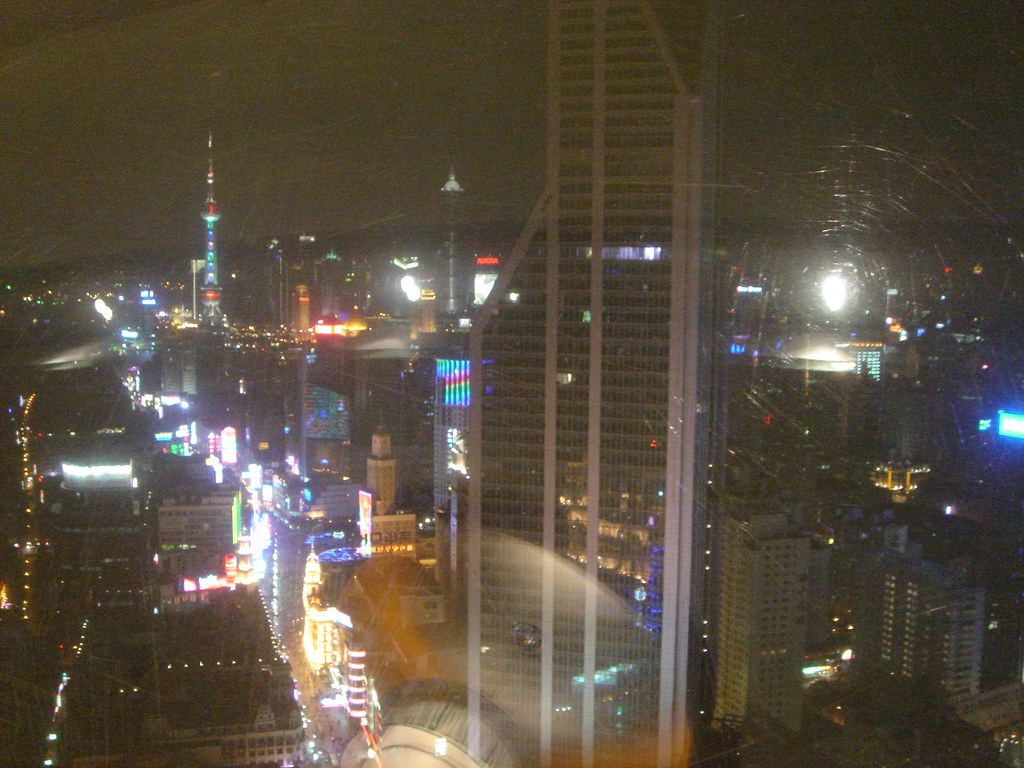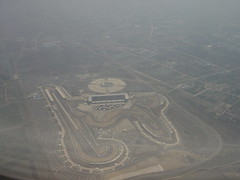I wrote the following article that was published in today’s China Daily (CEO Round Table section).
China Daily CEO Round Table
Toodou.com – Digital entertainment from and for China
Marc van der Chijs, co-founder Toodou.com
Toodou.com’s services
In October 2004 the idea was born to set up a Chinese-language website where users could easily publish and download their personal audio and video files. This site, Toodou.com, went live in April this year and became popular very quickly, because of its ease of use and wide variety of available content. Currently the site has about 100,000 registered users, with a growth rate of about 10% per week.
The core digital entertainment services that Toodou.com offers are video and audio files that can be streamed or downloaded automatically to a computer or personal entertainment system (iPod, mobile phone etc.). It offers users a huge variety of different self-made programs, from short documentaries to music videos, and from cooking lessons to people showing their city. People can submit their files and watch programs for free. It can be compared to time-shifted TV or radio: you can listen or watch whenever you want – not only at home, but everywhere you go. Next month Toodou.com will start offering a service to directly stream files to mobile phones.
Infrastructure for digital entertainment
In order for the digital entertainment industry to really take off in China a good infrastructure is essential. High-speed digital networks are a prerequisite for this, especially in the big cities where most people have Internet access. This can be done either by a network of cables or by offering wireless web access all over the city. The government could do this themselves or give incentives to corporations to offer this. Important is that the infrastructure will be cheap enough to use for the average user, meaning low or no user fees.
Speed is important for content that is streamed through the worldwide web. The fact that over half the Chinese Internet population now has access to broadband is a big opportunity. It allows the delivery of higher-quality content with less disruption. The high bandwidth will be an incentive for the entertainment industry in China to further develop applications that require high-speed connections.
In order to get a faster development of the digital entertainment industry it is important that China uses the same standards as the rest of the world. Developing own standards that may work better, may actually hinder the development: The past has learned us that it should not be assumed that the rest of the world will follow once a new, better standard has been developed.
Nationwide Internet access
Although over 100 million people in China have Internet access, this is still less than 10% of China’s population. Out of these 100 million people more than 50 million have at least a college or university degree. Most of these 100 million users are young people living in the big cities on China’s east coast. This means that the distribution of users is very skewed, and that digital entertainment cannot reach a large part of the population. This gap between young vs. old and educated vs. not educated is a challenge that the government could possibly do something about. Just like getting every town and village TV and radio access several years ago, this time the goal can be to get the internet to the countryside. With easy-to-use computers and online teach-the-teacher programs this might be achieved.
Digital future
Toodou.com sees it as its goal to make it easier for Chinese users to find the content and information they are looking for, and to share their films and other programs with the outside world. We think this will help the digital entertainment consumption grow. Eventually we foresee a merger of TV, radio, and mobile phones with digital internet content. Through our site we hope to facilitate this development and prepare China for a digital future.
Link to the article: http://app1.chinadaily.com.cn/focus/ceo/17/perspective.html (scroll down to second article).




